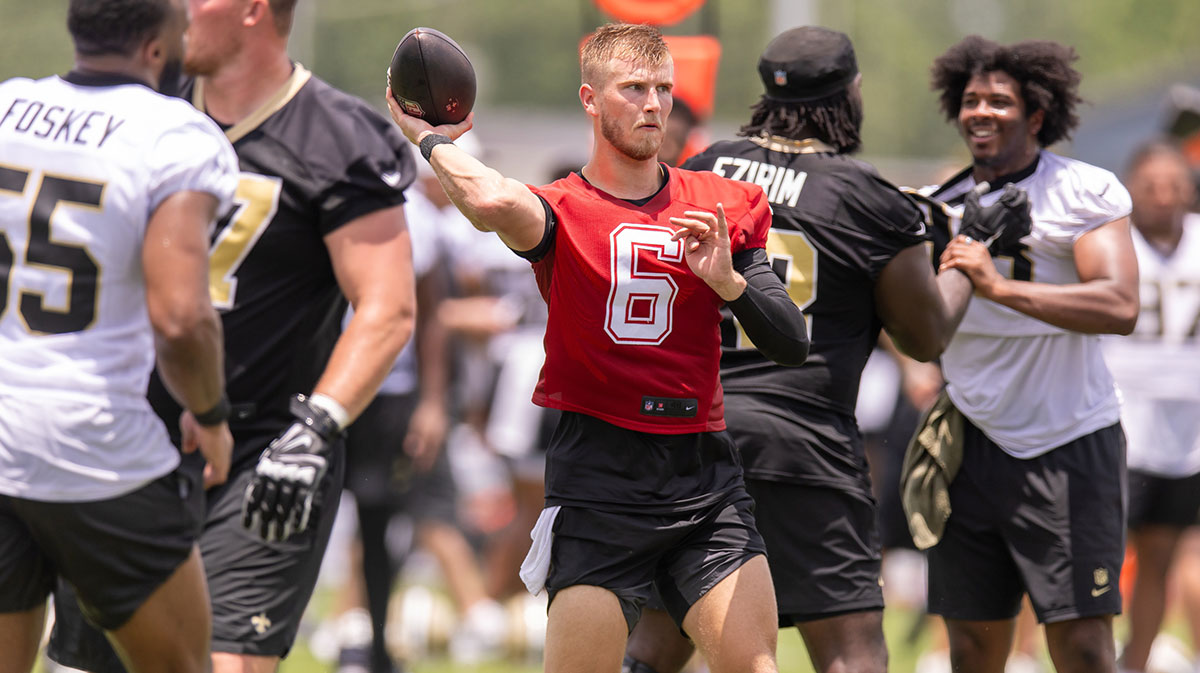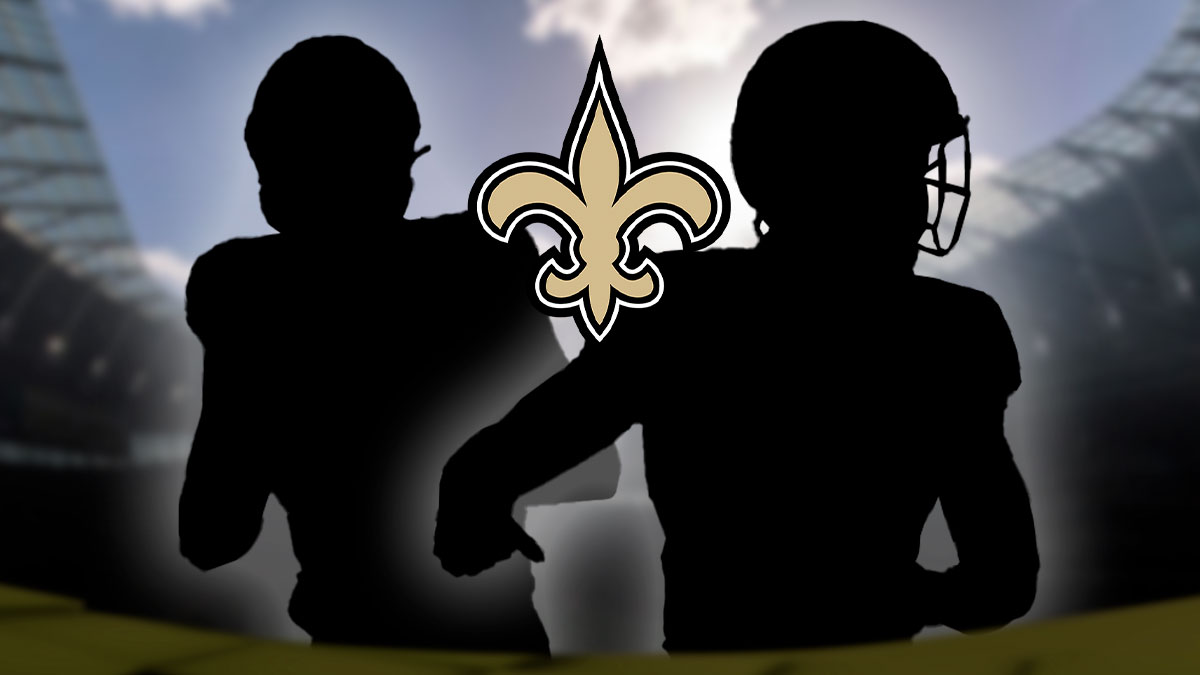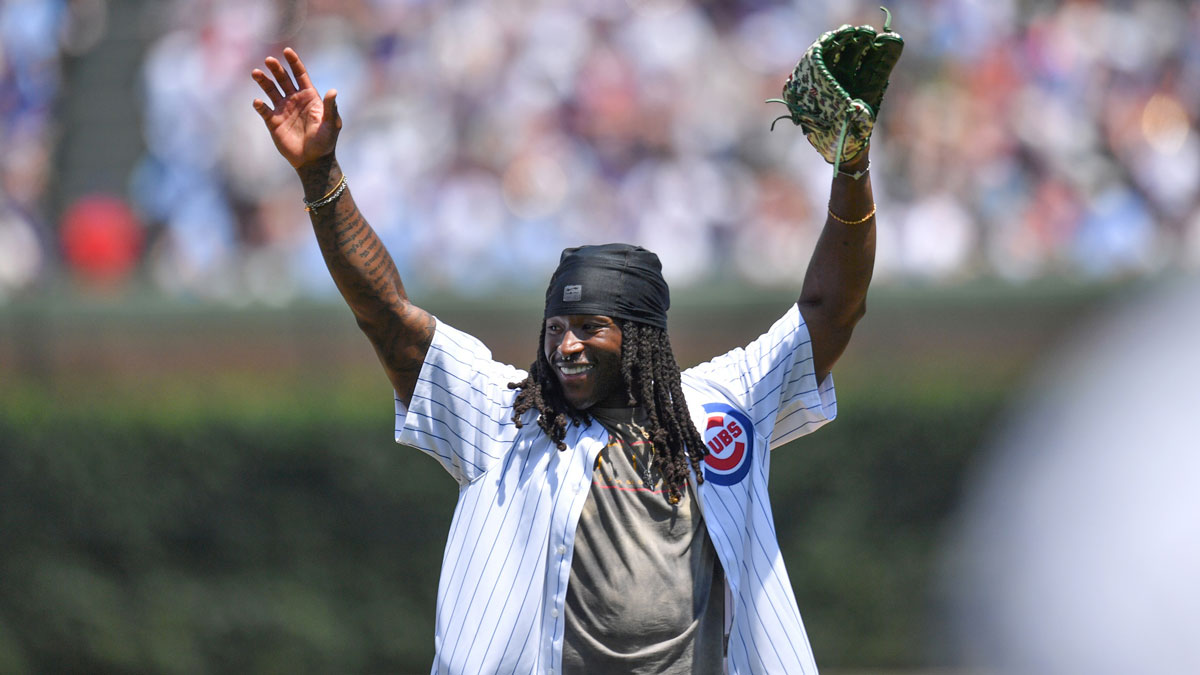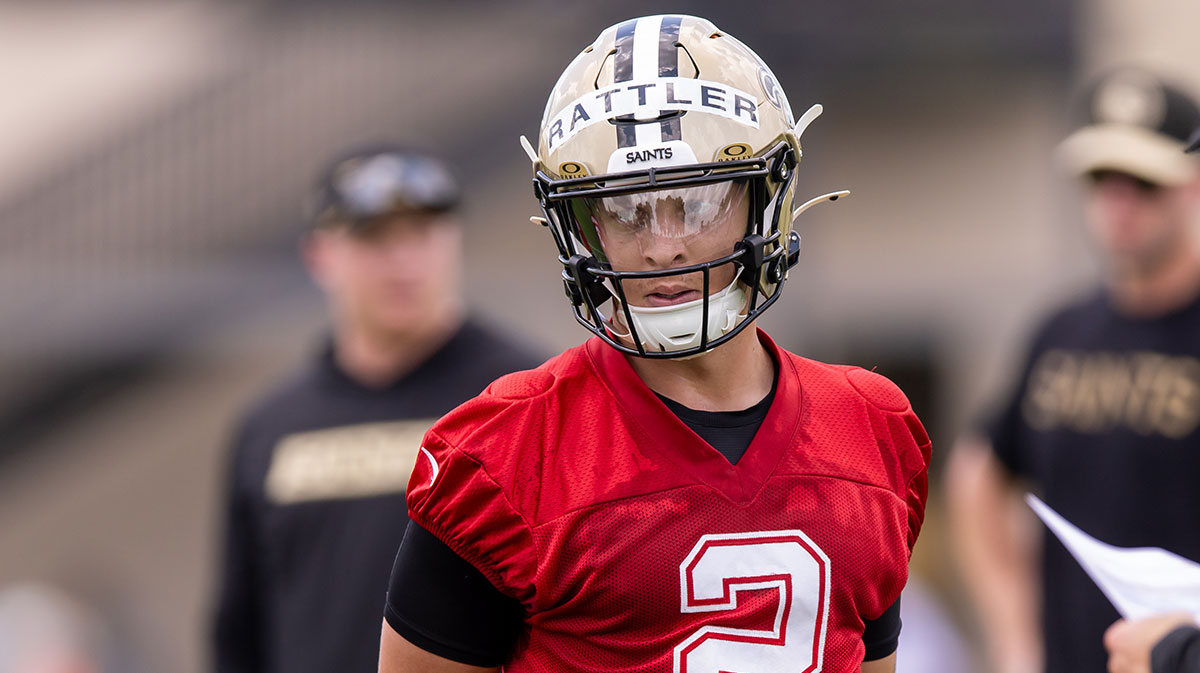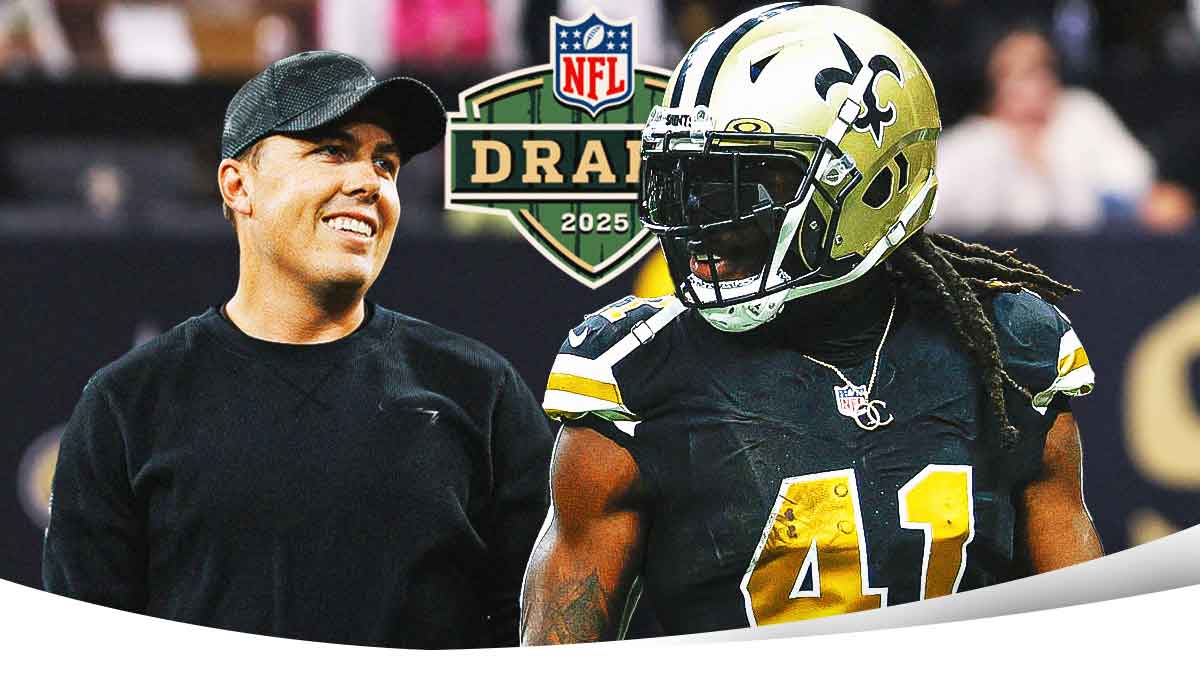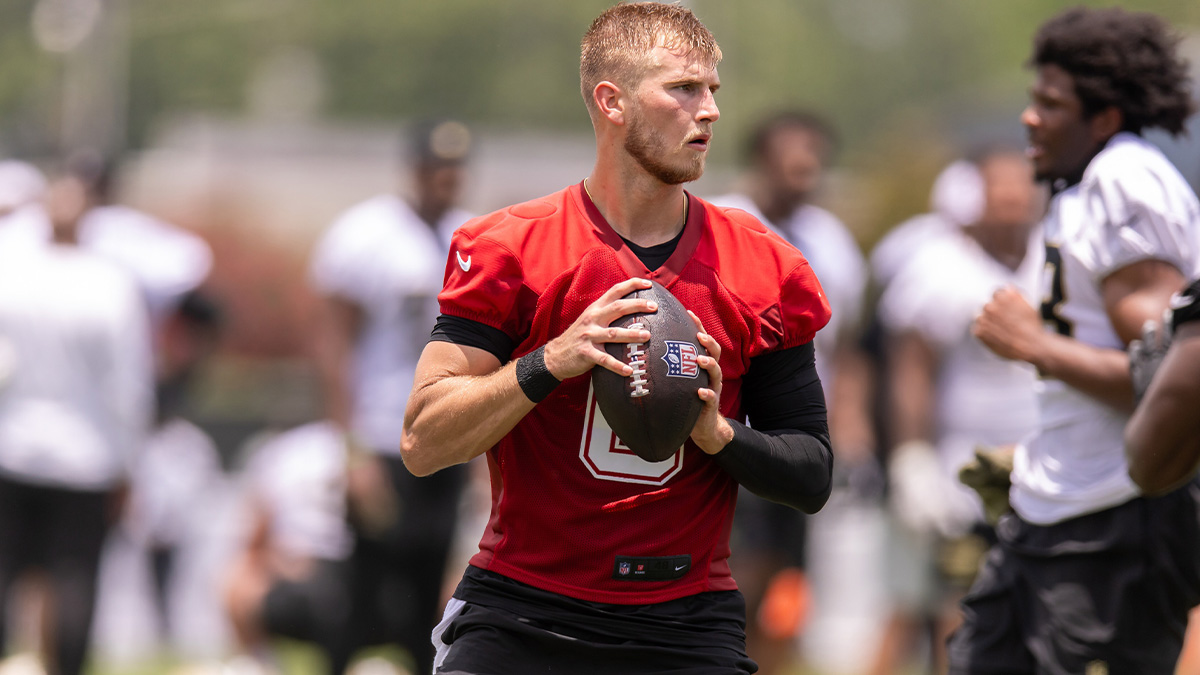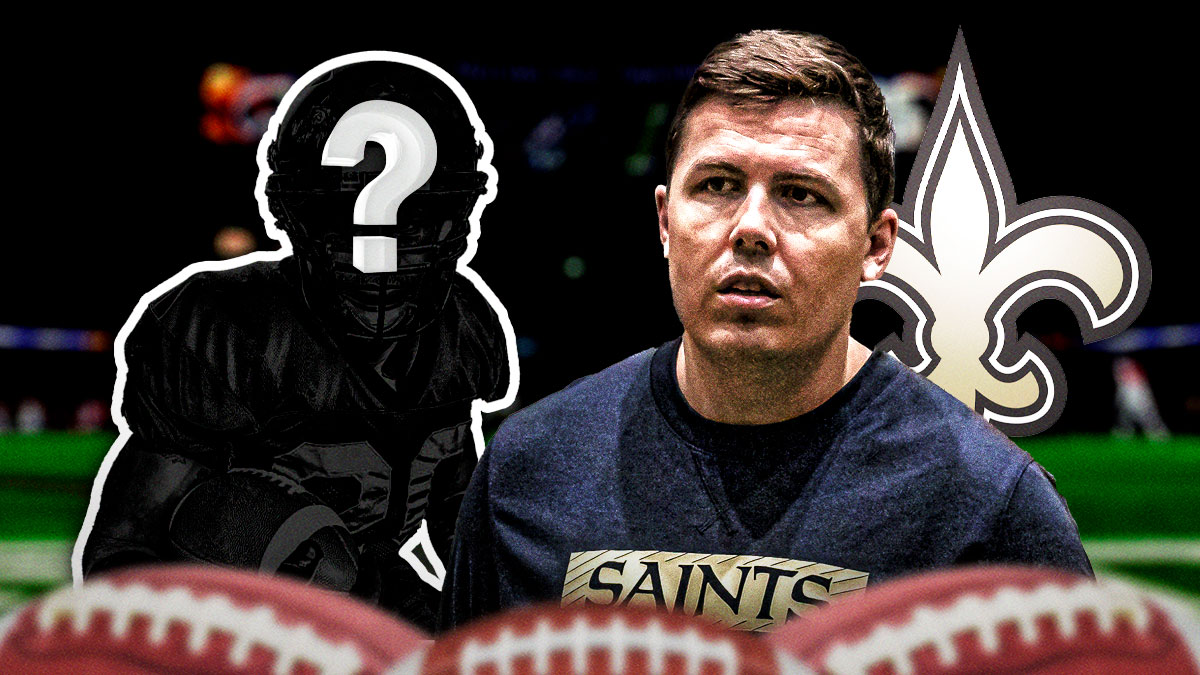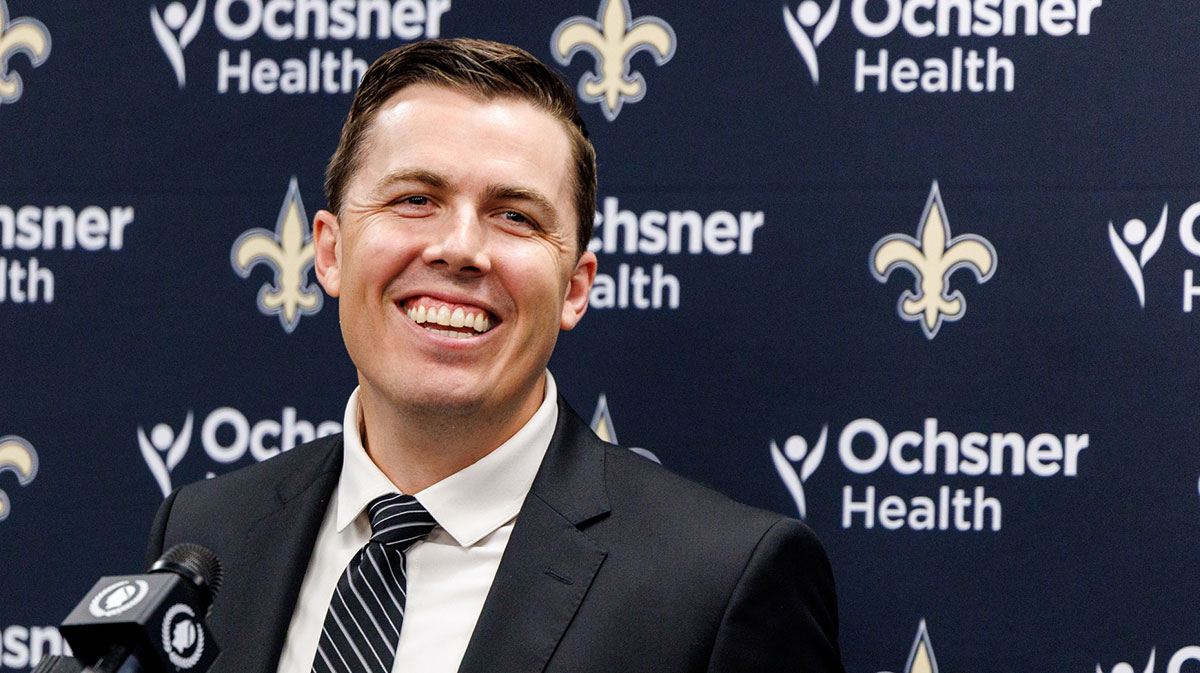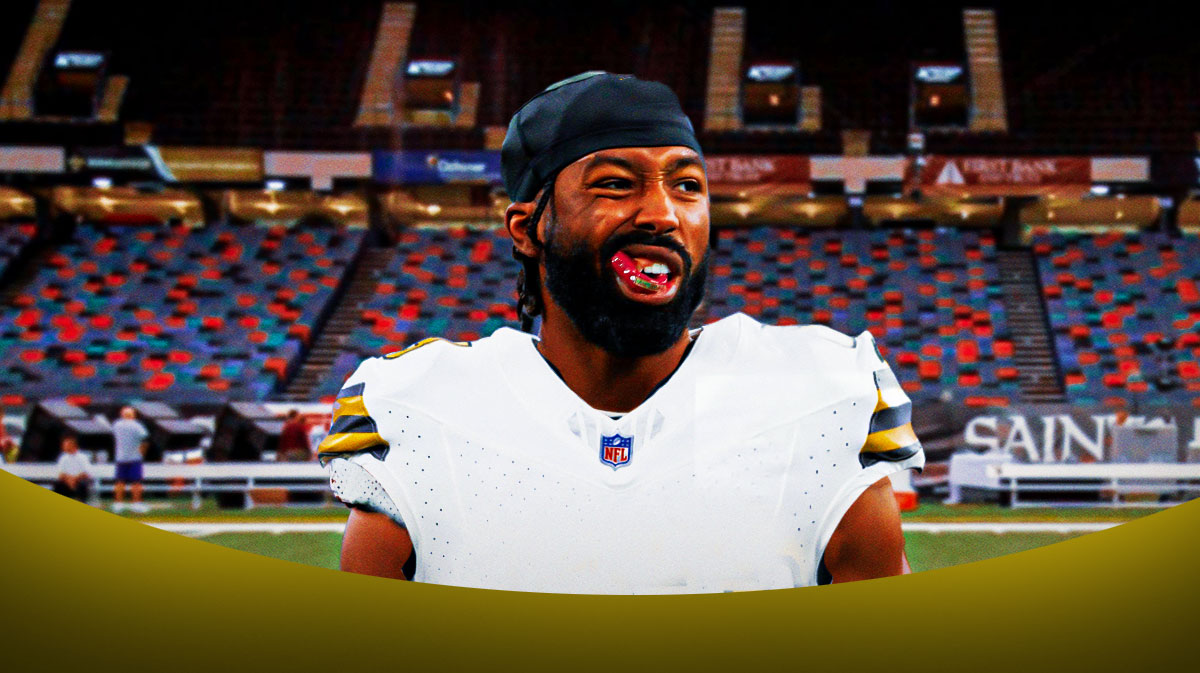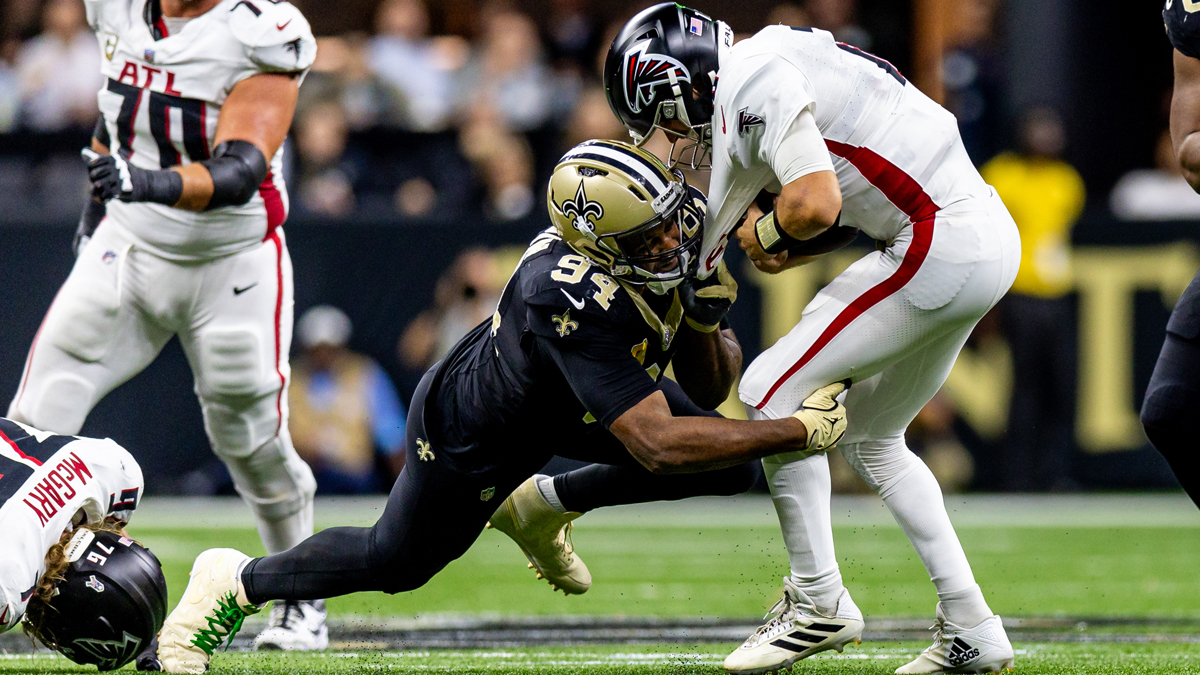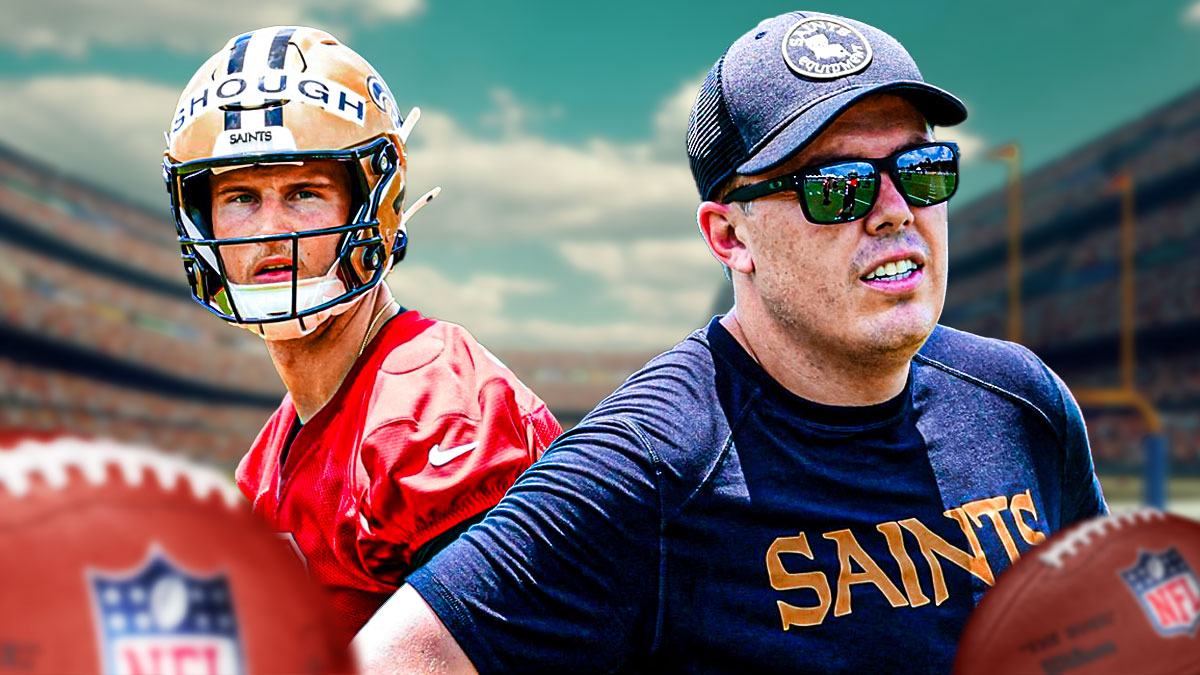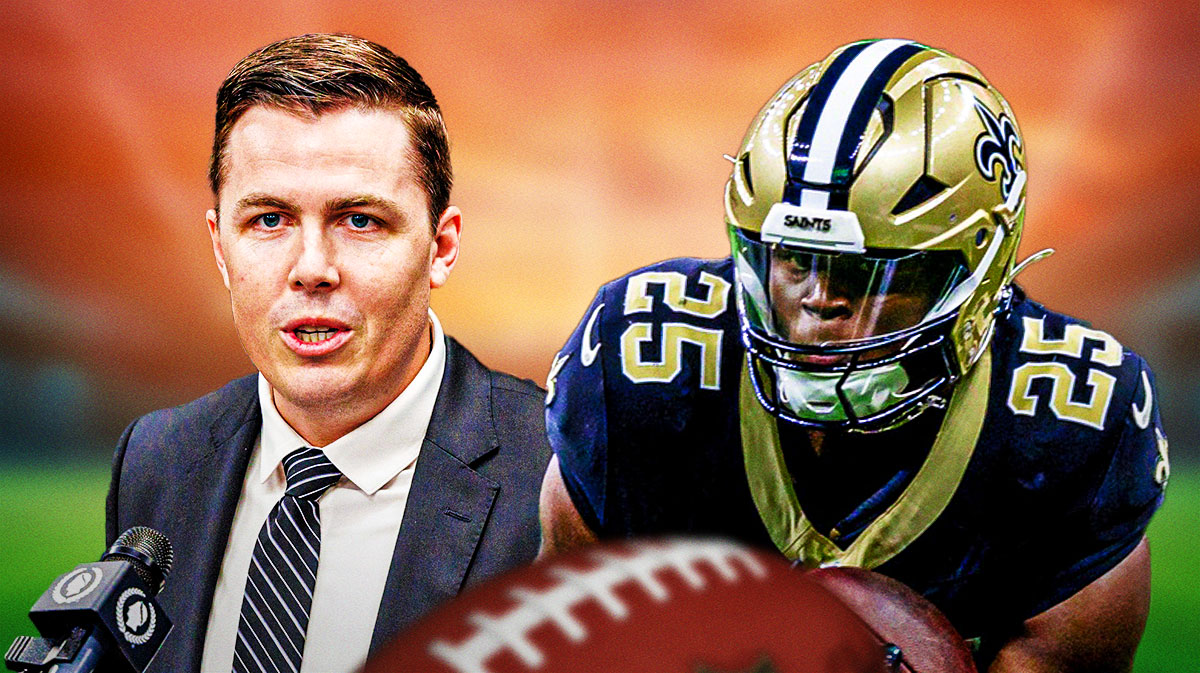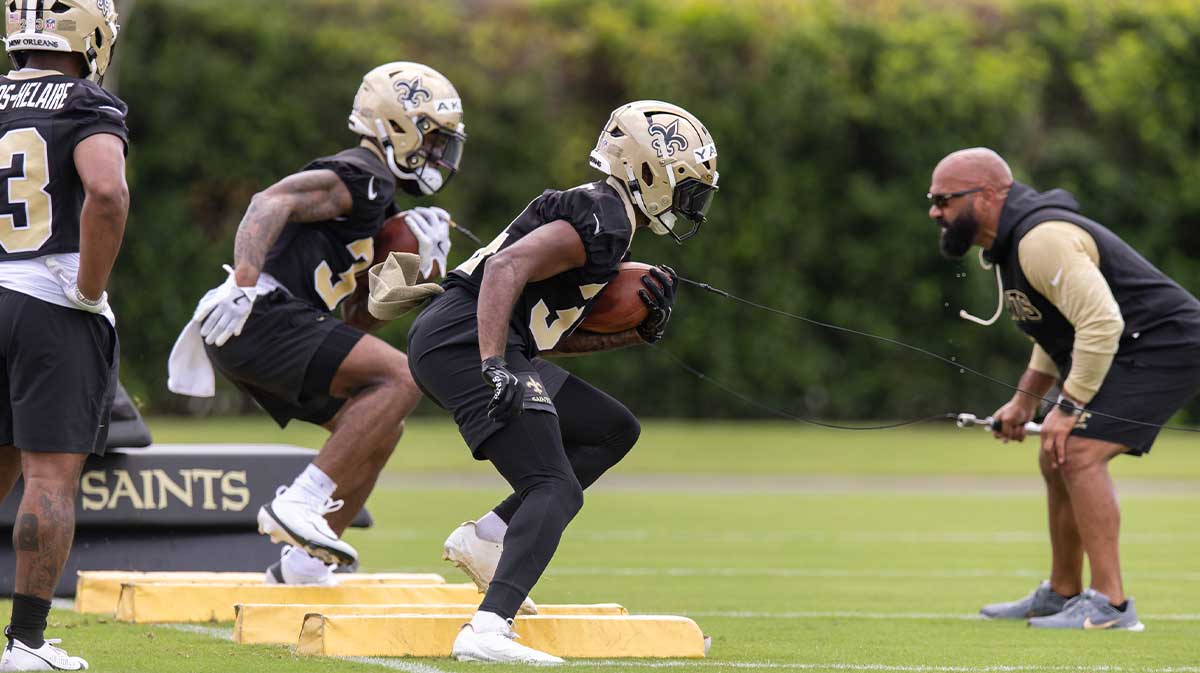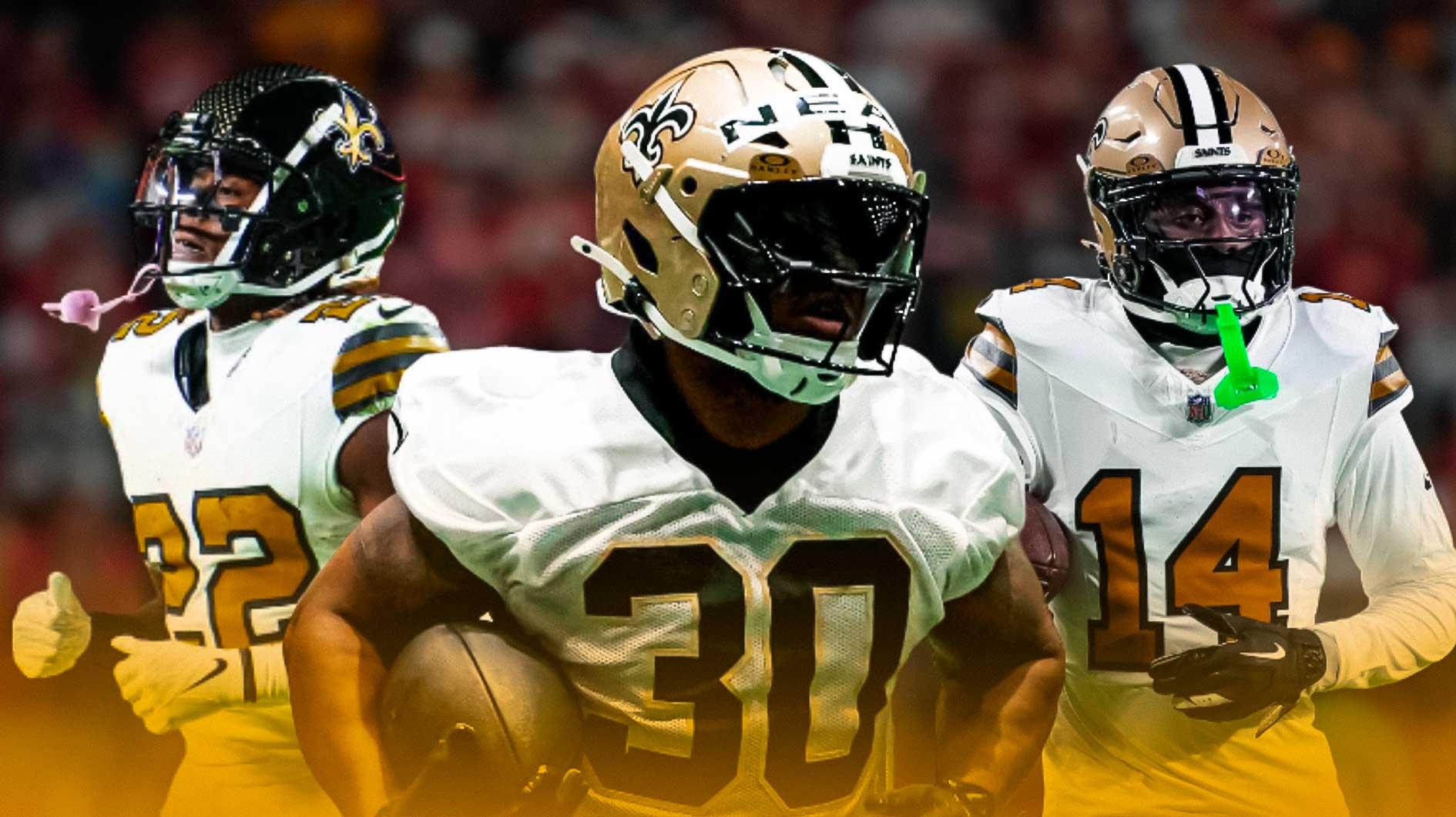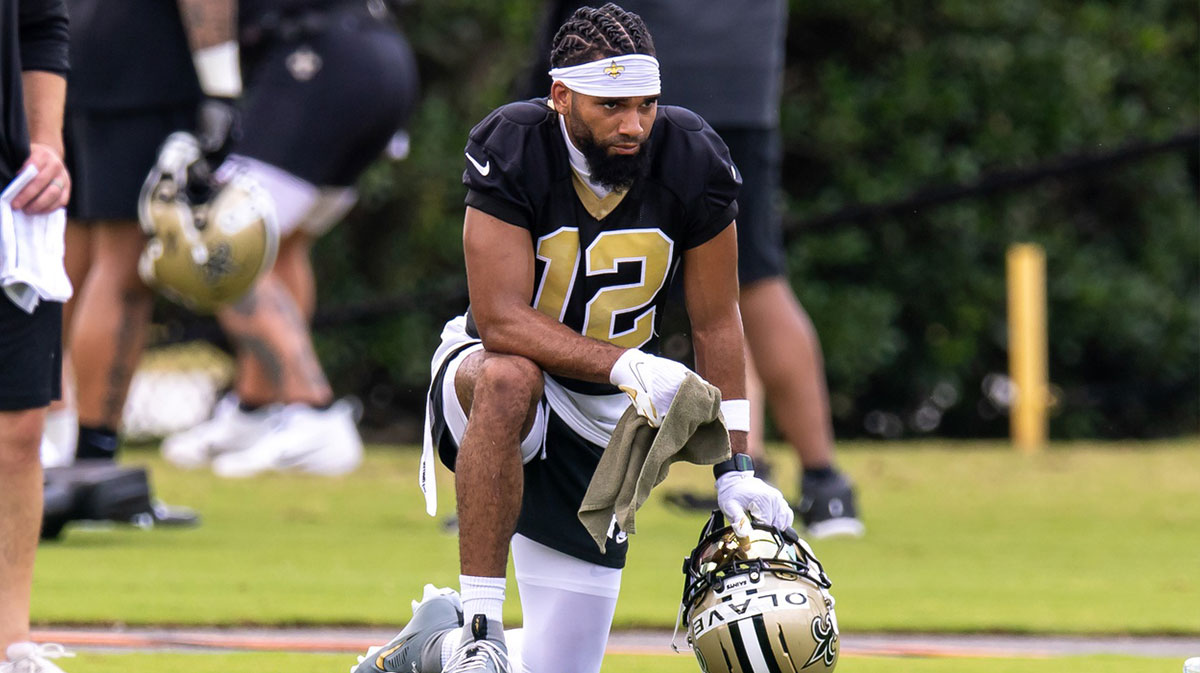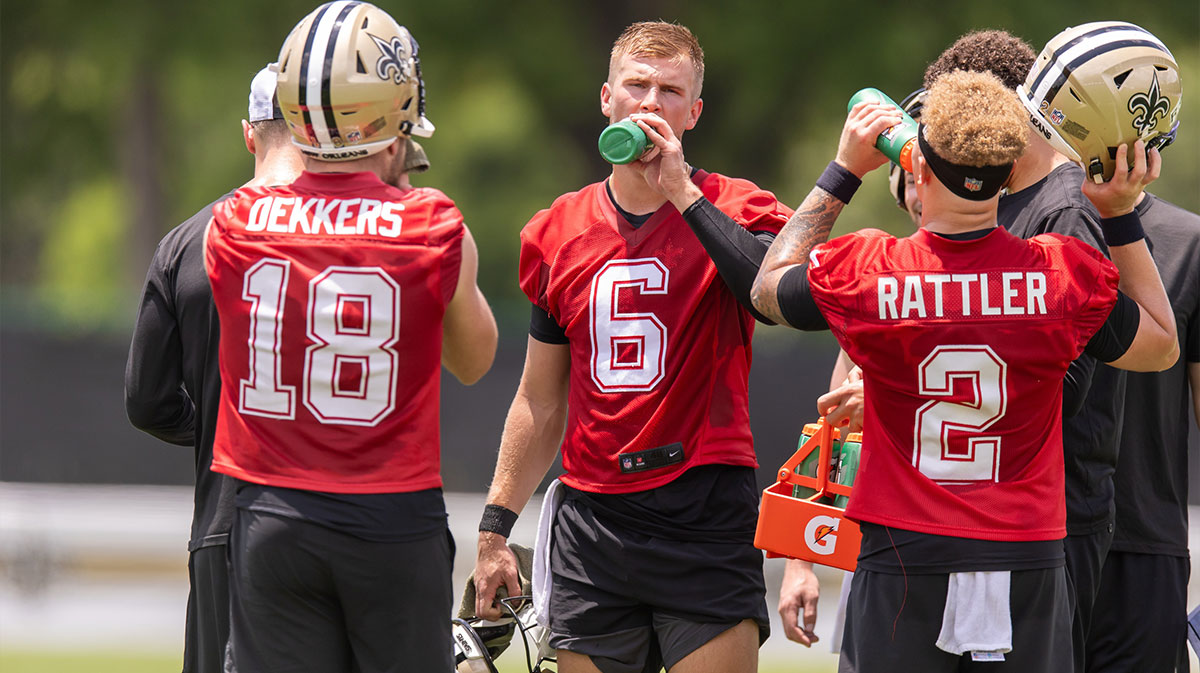Super Bowl LIII, barely more than 24 hours away from kickoff, still seems like somewhat of an afterthought. While a wild week of NBA news leading up to the February 7th trade deadline has certainly contributed to the sport world's marquee event getting overlooked, the circumstances that preceded the Super Bowl have affected buildup to the game, too.
The NFL is still reeling from fallout of the highly controversial no-call late in the fourth quarter of the Los Angeles Rams' 26-23 overtime win over the New Orleans in the NFC title game. On third and 10, deep in Rams territory with less than two minutes left on the game clock, Los Angeles defensive back Nickell Robey-Coleman clearly made contact with New Orleans wide receiver Tommylee Lewis before the ball arrived, but no flag was thrown on the play. The Saints were forced to settle for a field goal, setting the stage for Rams kicker Greg Zuerlien to play hero, kicking long field goals to tie the game in regulation and send his team to the Super Bowl in overtime.
The no-call dominated sports headlines over the ensuing few days, and gained new steam this week when commissioner Roger Goodell finally admitted the officiating crew's obvious gaffe. New Orleans coach Sean Payton, future Hall-of-Fame quarterback Drew Brees, and electric running back Alvin Kamara, among others, have all expressed dismay about not just the no-call, but how the league office dealt with the aftermath.
One thing that might mitigate the lingering frustration felt by the Saints and their legion of fans? The NFL is reportedly considering a rule change that would allow coaches to challenge judgment calls – like pass interference, for instance – on a limited basis, and Goodell is apparently optimistic the competition committee will adopt a similar fix by the time next season kicks off.
Clearly, allowing coaches to send questionable calls or no-calls to video review is a slippery slope, one the league hasn't put in place despite cries for such an option dating back to the inception of challenge flags. How, for instance, will the league decide what potential penalties are permitted to be reviewed? Offensive lineman get away with holding on every snap. The NFL has already implemented rule changes of late that have made it nearly impossible for defensive backs to contain wide receivers; won't reviews of judgment calls make it even more difficult for defenses to get stops?
Perhaps that's what the NFL wants. Defense wins championships, the old adage goes, but high-octane offense gets fans most excited, leading to an increase in ticket sales and television ratings that drive league revenue. The implementation of new challenge policy, then, could kill two birds with one stone for the NFL, making its product even more popular and profitable.
But league followers should be wary of this potential rule change regardless. Once put into action, there's a legitimate chance its resulting negatives outweigh the positives.

